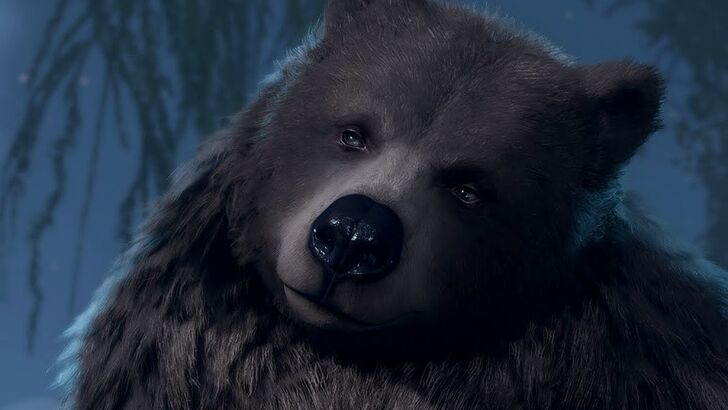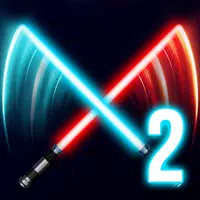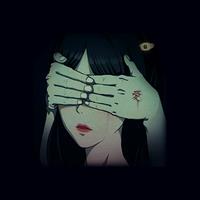
A former Larian Studios writer, Baudelaire Welch, recently revealed the surprising inspiration behind Baldur's Gate 3's (BG3) infamous bear romance scene. Speaking at a UK conference, Welch described the scene as a "watershed moment" in gaming, crediting the game's dedicated fanfiction community.
The Unexpected Success of Daddy Halsin
Welch highlighted the pivotal role of fan fiction in shaping the game's narrative. The community's strong desire for a romance with Halsin, the druid character who can transform into a bear, directly influenced the game's development. While initially conceived for combat, Halsin's bear form became a significant romantic element, reflecting his emotional struggles. Welch confirmed that the "daddy Halsin" desires expressed in fan fiction directly inspired this unexpected plot development. He emphasized that this wasn't initially planned, but rather a response to player desires.
The Power of Fanfiction and Community Engagement
Welch stressed the importance of fanfiction in sustaining a game's longevity and community engagement. He noted that romantic storylines are particularly enduring, generating years of fan-created content. This sustained engagement, he argued, is especially vital for attracting and retaining female and LGBTQIA+ players, a demographic he identified as crucial to BG3's success. The bear romance scene, therefore, represents a significant milestone, demonstrating a game actively incorporating and responding to its community's desires.
From Gag to Game-Changing Romance
The bear transformation scene initially started as a lighthearted, off-screen joke. However, Larian Studios' Swen Vincke and John Corcoran recognized its potential and integrated it into Halsin's romance arc, transforming a throwaway gag into a major plot point. Welch clarified that the scene's inclusion wasn't initially anticipated, but its evolution showcases the studio's responsiveness to player feedback and the power of fan-driven narratives. The resulting scene is now considered a landmark moment in video game storytelling, demonstrating the potential for collaborative creation between developers and their communities.






